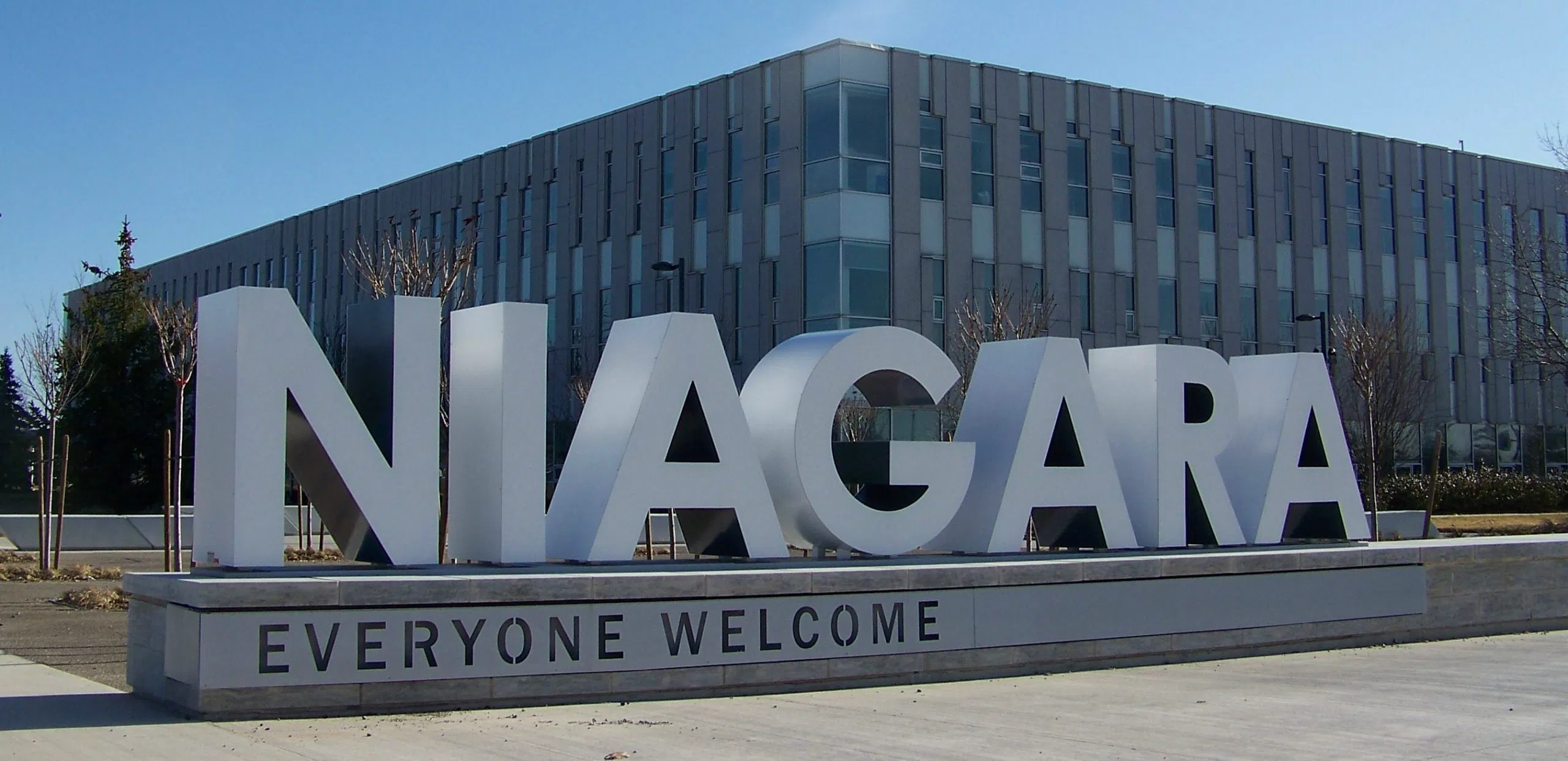At its meeting held Thursday, Jan. 12, Niagara Region Budget Review Committee of the Whole approved operating budget increases for water and wastewater services, and waste management.
The Region says budget increases adopted for 2023 of 8.59 per cent for water and wastewater services and 5.5 per cent for waste management allow it to continue making much-needed investments in critical infrastructure and services.
Water and Wastewater
The approved water and wastewater budgets are effective Jan. 1 of each year and billed to the local area municipalities based on water and wastewater usage (in accordance with the Council approved methodology). As the wholesaler of water and wastewater services in Niagara, the Region will bill the local municipalities, which will, in-turn, incorporate the new rates into resident water bills.
Niagara Region says it has adopted asset management and financial sustainability plans that identify the need to maintain and upgrade current infrastructure as well as build new infrastructure to meet demand over the next several decades.
For 2023, the water and wastewater strategy includes an 8.59 per cent increase over 2022, providing an additional $11.3 million, of which $6.6 million is for investment in the Region’s $5 billion asset management plan (AMP).
Faced with unique challenges such as rising inflation, the rates budget increase allows the regional municipality to continue making strategic investments in support of economic and residential growth, and keep drinking water safe. In 2021, the Region began planning for the construction of a new wastewater treatment plant in south Niagara Falls.
Waste Management
New legislation introduced in 2021 brings about important changes to the recycling program in Ontario, shifting responsibility for residential recycling collection and processing from the regional municipality to the private sector.
Starting Jan. 1, 2024, Niagara Region will no longer be operationally and financially responsible for residential Blue Box processing and collection, which will have long-term benefits on the Regional waste budget. The Region is currently in the process of selling its Material Recycling Facility as a first step in the transition. Officials say this transition will add moderate costs in 2023 but will eventually be offset by a substantial reduction of expenditures related to recyclable collection once decisions are finalized. They add this allows the Region to mitigate the multi-year rate strategy adopted in 2020 which was to increase rates by 9.8 per cent over three years to incorporate collection contract increases down to an increase of 4.5 per cent for 2021 and 5.5 percent for 2022 and 2023.
Niagara Region will continue to be responsible for regular, curbside collection of garbage and organics.
Costs for waste services are allocated to municipalities based on the number of households and primarily charged to residents based on special tax rates established for municipalities by the Region and applied to the assessed value of households. Therefore, new development will pay some of the budget increase from assessment growth and the net increase to existing residents is reduced to 3.72 per cent. The average Niagara household can expect to pay $14.71 per month for waste services in 2023.
Over the coming weeks, Council will deliberate the levy-operating budget. Niagara Regional Council will deliberate and vote to approve the 2023 Regional Budget at a meeting scheduled for late February.

